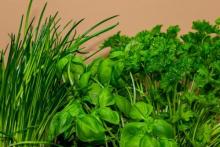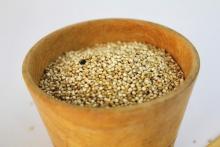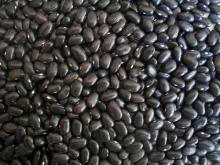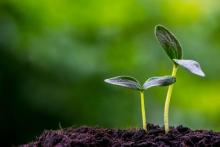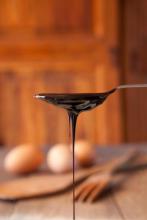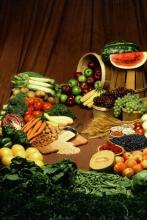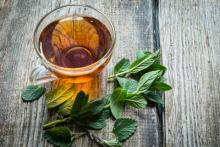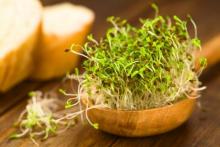Cook Up Cassava: A South American Staple
Cassava, manioc, yuca, manihot, tapioca…maybe you’ve seen this long, dense tuber in the [exotic] produce section of your local market. The staple starch goes by the scientific name Manihot esculenta, but its common name differs depending on the region. Native to South America, Africa and parts of Asia, cassava has been a staple carbohydrate in the diets of those living in such sun-drenched, tropical regions. In the U.S., we most commonly find cassava or manioc in the form of tapioca balls, which are made from the pulp of the starchy tuber.


